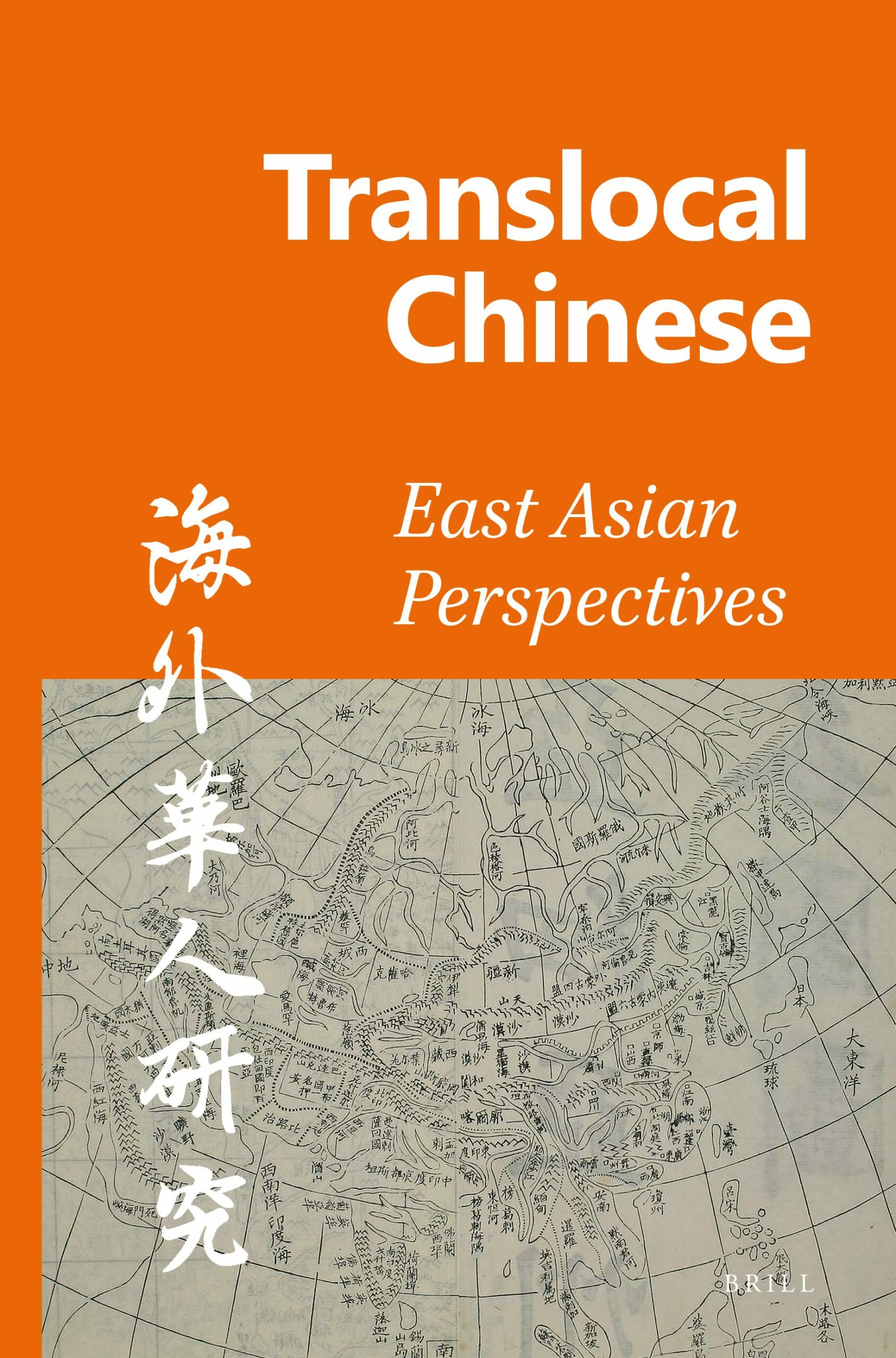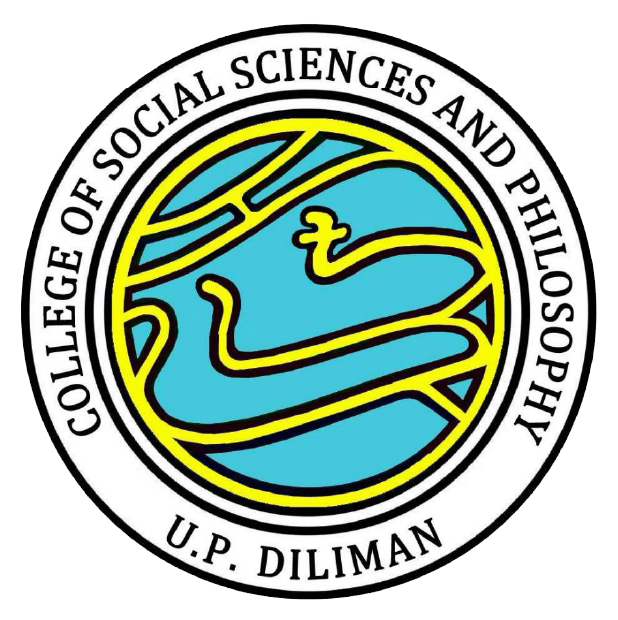Deportation of “Undesirable” Chinese in the Philippines, 1837-1882.
Translocal Chinese: East Asian Perspectives
Between 1837 and 1882, the Spanish colonial government in the Philippines deported “undesirable” Chinese—vagrants, drunkards, unemployed, idlers, pickpockets, undocumented, and the “suspicious”—to various parts of the archipelago. Deportation, in this context, refers to the transportation or banishment of individuals deemed “dangerous” by the state to different far-flung areas of the islands or outside the colony but still within the Spanish empire. Deportation primarily served as a form of punishment and a means to rehabilitate and improve the wayward lives of “criminals.” This paper examines the deportation of “undesirable” Chinese in the nineteenth-century Philippines. Using underutilized primary materials from various archives in Manila and Madrid, it interrogates the actors, institutions and processes involved in banishing such individuals. It argues that while deportation served its punitive and reformative functions, Spanish authorities also used it to advance their colonial project in the islands. Chinese deportees formed part of the labor supply the state used to populate the colony’s frontier areas and strengthen its control over its newly-acquired territories.
Keywords
deportation
social undesirables
Chinese
Philippine history
Faculty Involved:

Jely A. Galang, Ph.D.
Professor
Focus: Nineteenth century Philippines, Modern history of East Asia particularly China, History of Crime and Punishment



